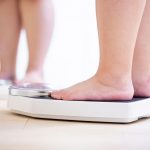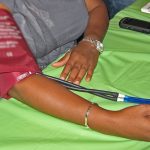
A slow-release form of semaglutide could allow people who use Wegovy or Ozempic to get shots once a month, instead of the weekly injections they now take, a new study demonstrates. The new formulation encases semaglutide in a hydrogel that slowly releases the drug as the gel dissolves, researchers said. “A small dollop of gel, known as a ‘depot,’ of the semaglutide-laden hydrogel is injected under the skin,” said lead researcher Dr. Claire Megret, director of clinical and preclinical development for the French biotech company ADOCIA, which developed the gel. The hydrogel successfully released a smooth, steady stream of semaglutide to six lab rats, researchers said in a presentation at the European Association for the Study of Diabetes’ annual meeting in Madrid. “Next we will be testing the hydrogel platform in pigs, whose skin and endocrine systems are most similar to those in humans,” Megret said in a meeting news release. “If that goes well, we will move forward the platform development by expecting clinical trials within the next few years.” Semaglutide promotes weight loss and helps control diabetes by mimicking the GLP-1 hormone, which is released in the gut in response to eating. The drug helps suppress appetite, slows down digestion and prompts the body to produce more insulin in response to elevated blood sugar levels. Unfortunately, semaglutide now must be given in weekly… read on > read on >

















